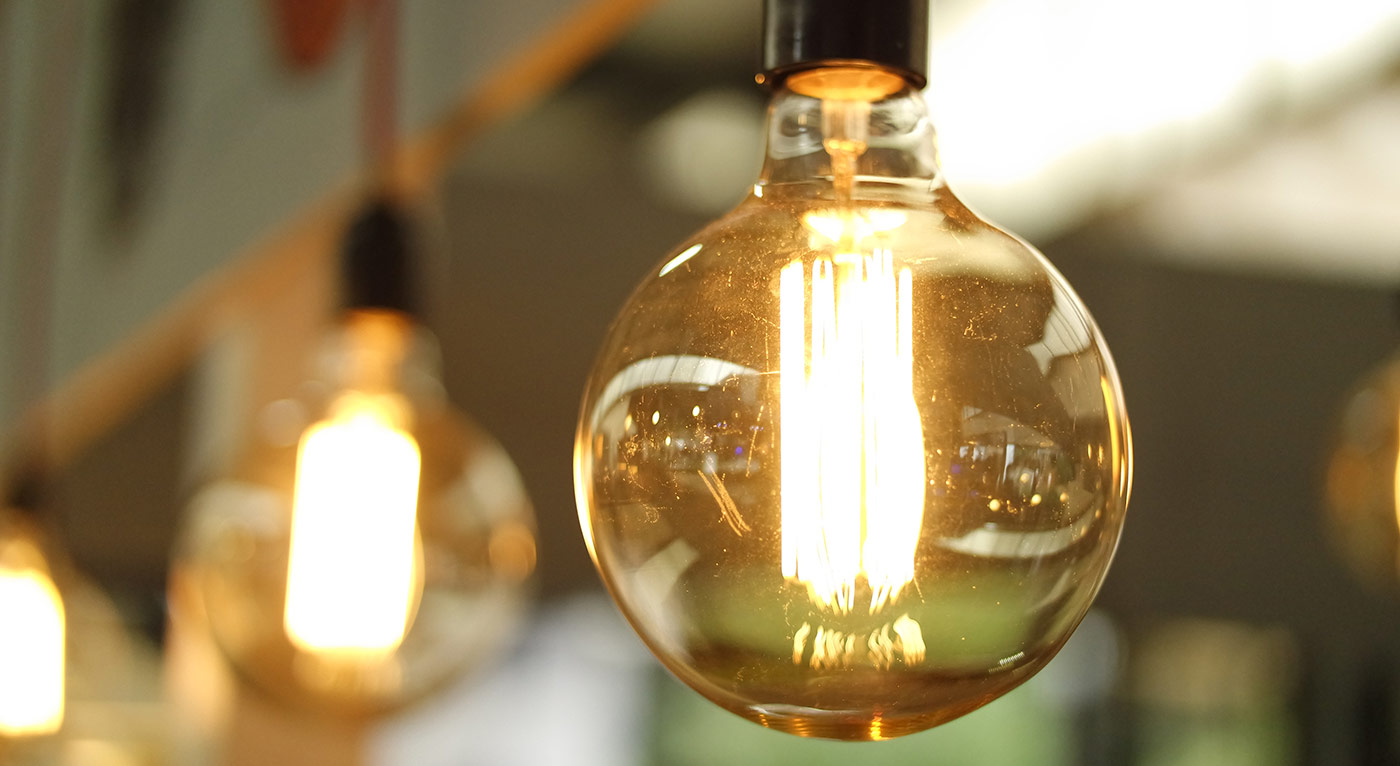Throughout the purchase process, we tend to focus on a long list of criteria such as the yard, the garage and the neighbourhood, but we often forget to question the property’s energy efficiency. And yet, this concept can not only ease your environmental concerns, but your financial ones as well. An energy efficient house is a house that produces less pollution but, more importantly, is a house with lower energy consumption costs.
For the seller, proving that your house is energy efficient is a great way to make it stand out.
A house’s energy efficiency refers to the overall technical means, habits and actions that aim to reduce energy consumption. As it provides savings and reduces greenhouse gas emissions, it concerns buyers, sellers, and all other players in the real estate industry.

1 | Rénoclimat program
With the Rénoclimat program, homeowners can get an energy efficiency audit of their property for $150. They will then receive recommendations for renovations that could help increase their energy efficiency score. Under certain conditions, financial assistance may be available to carry out insulation or sealing work, as well as the installation or replacement of mechanical systems. For more information, visit the Rénoclimat website.
2 | Novoclimat program
The Novoclimat program is aimed at new constructions. According to the Agence de l’efficacité énergétique, « a Novoclimat house can help you save a minimum of 25% on your annual heating bill ». Visit their website to find out more.
3 | CMHC’s Green Home program
You can save 15 % to 25 % on your loan insurance premium with the CMHC’s Green Home program. Thanks to this initiative, “purchasing an energy-efficient home or purchasing an existing home and making energy-efficient improvements can help you save considerably”. Read our article to find out more.
4 | Request an energy audit
Buyers can request the results of a recent energy audit. It must be recognized by Canada’s Office of Energy Efficiency or the Bureau de l’efficacité et de l’innovation énergétiques.
5 | Heating
On average, heating accounts for 60% of a house’s energy costs. Many systems are available on the market, but given the wide range of costs and installation possibilities, you should focus on these three aspects: availability, reliability and convenience.
6 | Geothermal systems
Geothermal systems have proven to be the most efficient. Compared to classic electrical heating, a reduction of up to 65% in energy consumption can be observed. Installation is quite expensive, however, ranging from $25 000 to $30 000 .
7 | Programmable thermostats
By adjusting to your needs, programmable thermostats can help you save tens if not hundreds of dollars each year.
8 | Insulation
Insulation is a key factor in your heating system’s performance. It may be worthwhile to add some where necessary. Windows should also be laid out to maximize natural lighting.
9 | Lighting
Lighting is not the biggest energy consumer, but the use of energy-efficient lightbulbs could help lower this expense by up to 75%.
10 | Daily actions
Daily actions and habits can have an impact. Here are a few examples:
- Only use the washing machine and dishwasher when they are full.
- Purchase high-efficiency appliances.
- Reduce your hot water consumption. Not only is it expensive, the increase in humidity throughout the house requires more heating in winter.
- Use lighting dimmers.
- Ceiling fans can be useful if they allow you to cut down on air conditioning.
11 | The energy efficiency impacts
According to certain estimates, the energy consumption of the commercial and residential sector is responsible for over 20% of greenhouse gas emissions in the country. That should serve as a good reminder that having a more energy-efficient home makes a small, but important difference.
Key takeaways
- A house’s energy efficiency refers to the overall technical means, habits and actions that aim to reduce energy consumption.
- Under certain conditions, financial assistance may be available to carry out insulation or sealing work, as well as the installation or replacement of mechanical systems.
- On average, heating accounts for 60% of a house’s energy costs.

